
(Video) International (in)security: building solidarity in a rupturing world?
Russia's invasion of Ukraine exposed a deepening crisis of international security.

Hanna Perekhoda on Ukraine: ‘Thinking about solutions, we must at least not mistake the causes’
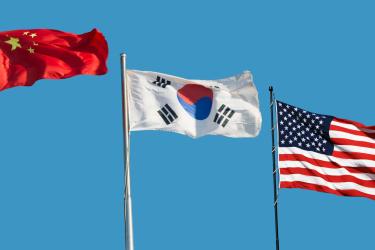
Youngsu Won (South Korea): ‘US-China tensions have erased any space for struggle’

Palestine and Ukraine: How the 21st century empires wage war
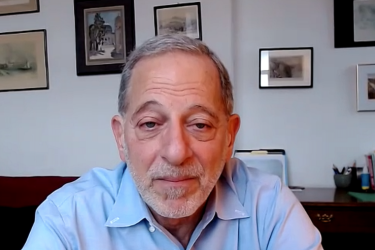
‘A desperate situation getting more desperate’: An interview with Rashid Khalidi

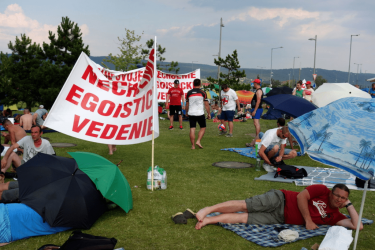

Rosa Luxemburg versus the Leninists

Israel-Palestine conflict: Why India must stand with Palestine
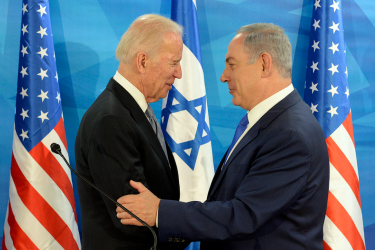
Imperial designs: The United States and Israel’s war on Gaza
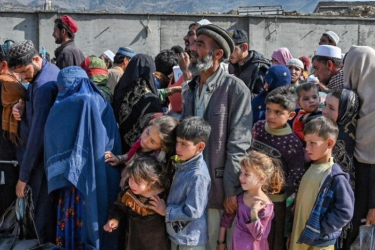
Stop the deportations: Solidarity statement with Afghans in Pakistan

Malaysia: Rise, Resist, Revolt — Socialism 2023 conference